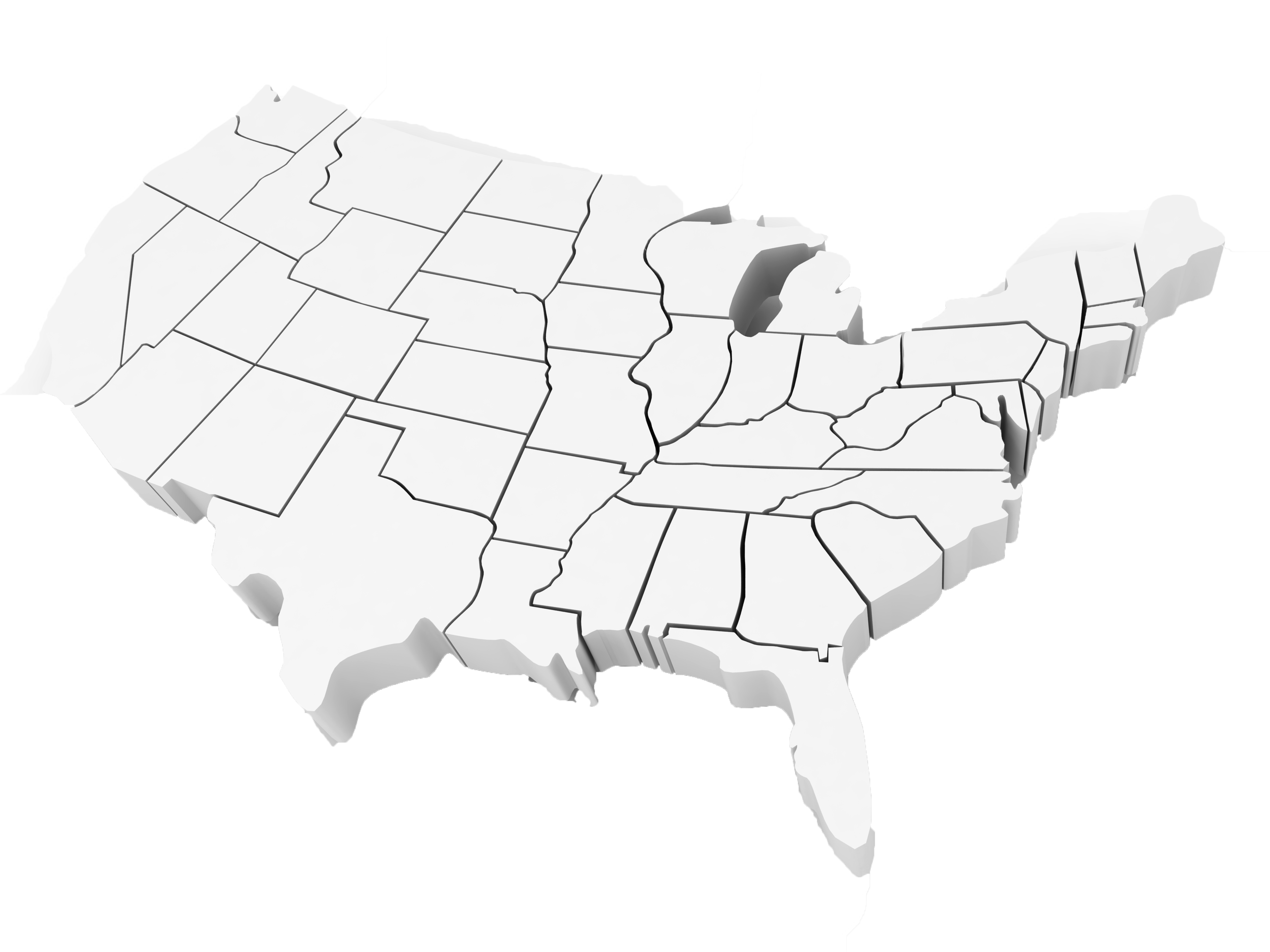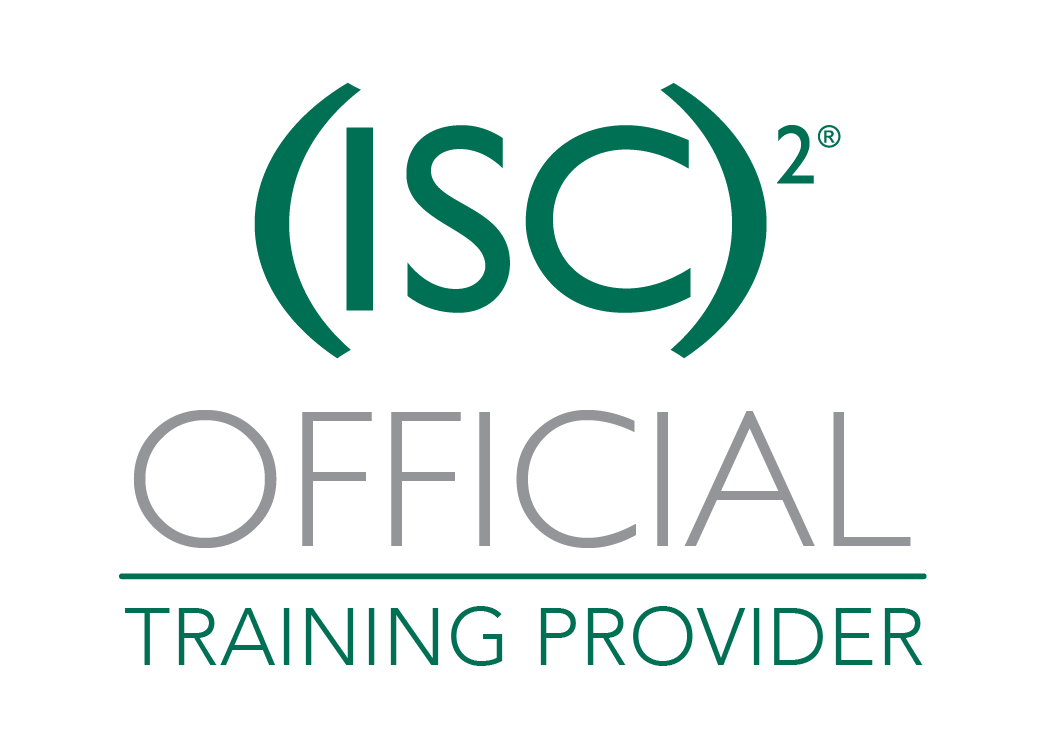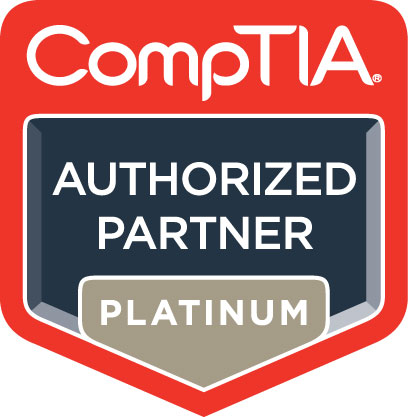Blog
CompTIA: Stay on Top of IT Trends

"The tech industry never stops evolving. As the pace of innovation rapidly accelerates, certain subsets within the IT industry have laser-focus from companies. There are five main categories predicted to change the way we do business and communicate in the next few years. Many of them are related, like security and mobility, but they all have one thing in common: They will propel the industry, its workforce and its method of training and hiring. This significant rise in the IT industry will create more IT jobs faster than they can be filled. Its important to stay on top of these ever-evolving trends and constantly educate yourself for internal and external advancement.
Security
There's no singular approach to the most pressing issue in the industry security. For systems to be protected, professionals who understand all levels of networking need to develop multifaceted plans especially as cybercriminals and hackers become more sophisticated.
As the cost of security rises, according to PWC's Global State of Information Security Survey 2015, businesses will tap more professionals to handle the issue at a huge expense. For most companies, investing in security upfront will inevitably become the best way to save money and avoid a compromised system and image.
Mobility and the Cloud There are more and more networking pros working in cloud-based companies. Even companies that don't have cloud management in-house are outsourcing it to third parties. The companies that are outsourcing many of their cloud-based IT services are also factored in. In fact, multiple screens mean more professionals are needed to connect and keep networks up and running. And as it evolves, cloud computing will continue to require IT professionals to juggle many responsibilities, ranging from security to connectivity.
Analytics
It's predicted that every app will eventually use analytics to drive productivity, searching and real-time tracking of content. And when it comes to big data, more people than ever are becoming involved in the process from determining what data is available to how it's stored and analyzed.
The analytics trend starts with our smartphones, which attach tracking to our movements, social media check-ins and even photos. For IT professionals, this presents opportunities to find data not being tracked and streamlining the process for profit. Industries most impacted by analytics will likely be science, wearable tech and retail.
3-D Printing, Advanced Devices and Networking Most households aren't printing in 3-D yet, but many industries, including medical, have already harnessed the technology. Like any form of connectivity, it provides a new way of looking at how people work and play. DevOps partnerships between development and operations are playing an even bigger role in how new technological advancements can fit into the workplace. Additionally, the industry is seeing the creation of new devices to collect and use data, including robots, drones and smart devices. Advanced automation of these devices is likely to increase the use of cloud services. This puts more responsibility in the hands of corporate data centers and operational environments that promise fast delivery, security and fewer human errors. But there's also a learning curve, and that's where the industry has a chance to shine.
Digital Leadership Redefined
Thirty years ago it was common for IT professionals to work behind the scenes. Today, specialists need to be as proficient in the boardroom as they are on the motherboard. Enter the new Chief Digital Officer (CDO), an increasingly important position on many company mastheads.
The IT professional of the near future will need to understand mobile and front-office systems as well as they do back-office systems and regulations. That means more professionals are invested in the research and selection of systems and subsequent upgrades, which means IT is reaching into just about every other corporate category. People who understands the technology best, as well as the business acumen needed to sell it, will soar.
Certifications are also becoming more important, especially as more employers look for professionals who can operate popular vendor systems. An example of such a certification is CompTIA Security+. The globally recognized standard is designed for IT security professionals focused on the architecture, design, management and controls in a business environment.
Good networking certifications, like CompTIA Network+, are also available, while CompTIA A+ is vital for the new generation of help-desk professionals."






















